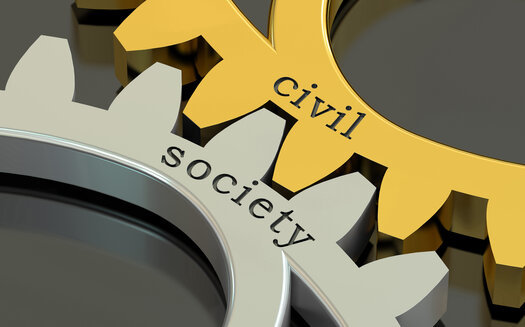

Share
This article first appeared in Public News Service.
MINNEAPOLIS — Last week’s riots at the U.S. Capitol came on the heels of growing calls to help more people understand how democracy works and where to get reliable information. Some say it should start in the classroom.
The halls of Congress were stormed by supporters of President Donald Trump, who continued to promote debunked claims the presidential election was stolen. Many Trump supporters don’t view Joe Biden’s win as legitimate, and the rioters sought to overturn the results, despite election authorities across the U.S. certifying the totals.
John Silva, senior director of education and training at the News Literacy Project, said it’s not so much a failure of the education system, but rather political groups preying on people’s fears to the point that reasonable thought is abandoned.
“And eventually, the things that they start to believe – those beliefs become, to them, factual truths,” Silva said.
However, some watchdogs feel civics curriculum should be broadened to include lessons on how the political process affects marginalized residents. They say that could help foster greater respect for voters with different views.
Silva’s group provides educators with tools to teach students about how to find trustworthy news sources. Minnesota has a law on the books concerning media literacy standards for schools.
But Silva said it’s not just about teaching students how to be critical thinkers when consuming information. He said for adults who have become isolated in the world of political tribalism, they’ve largely done so through social-media connections. He said their friends and loved ones can help them have more productive conversations in real life.
“To help them understand that they’ve been manipulated into believing things that aren’t true,” he said.
Silva said while it might be hard for Trump opponents to have empathy for his supporters, given some of their actions and rhetoric, it’s important to keep the lines of communication open. He suggested the patience might pay off if the other person later shows signs of a willingness to listen.

